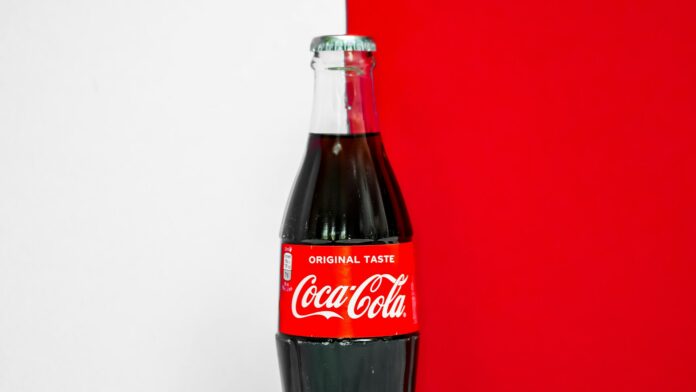A Mexican consumer advocacy group has asked a Georgia federal judge to force the Coca-Cola Company to hand over internal documents about the company’s alleged efforts to manufacture scientific research that misled soda buyers about the dangerous health effects of sugary beverages.
Coca-Cola Risk Documents : El Poder Del Consumidor’s Petition
El Poder Del Consumidor, a Mexico City-based organization, said in a petition filed last week that the soda giant has for years financed dozens of research institutes that produce favorable studies downplaying the risks of excessive sugar intake. As Mexico has moved in recent years to rein in soda consumption, El Poder said it’s pushing the country’s Federal Commission for the Protection against Health Risks (COFEPRIS) to issue further health warnings about the products.
Allegations of Misleading Research
To support its lobbying bid, the group said, it needs a better understanding of Coca-Cola’s purported efforts to circumvent oversight. “Petitioner seeks information uniquely in respondent’s possession relevant to key issues in the administrative health complaint,” El Poder said, referring to the Spanish acronym for the federal commission. “This information will assist COFEPRIS in determining whether the health risks of [soda] consumption and the climate of misinformation warrant the issuance of a health alert, and whether to impose sanctions.”
Coca-Cola Risk Documents : Mexico’s Health Initiatives
The discovery bid from El Poder comes as Mexico over the past decade has placed an increased emphasis on the health effects of sodas. In response to rising rates of diabetes and obesity, the country in 2014 placed an additional sales tax on high-sugar beverages intended to try and stifle sales. El Poder said in its petition that its latest effort has been to file an administrative complaint with COFEPRIS, asking that the commission do more to investigate the effects of soda consumption and, if needed, issue additional health warnings and potentially even sanction producers.
Evidence and COVID-19
As part of that complaint, El Poder said it’s been able to marshal evidence linking soda to various health risks and show that symptoms of COVID-19 can be exacerbated by soda-related health problems. But one of the unanswered questions for the probe, the group said, is the effect Coca-Cola’s public relations efforts have had on Mexicans’ perception of soda’s dangers.
Claims of Misleading Labeling
“For example, the Mexican beverage trade association ANPRAC frequently publicizes nutrition science articles, including those financed by Coca-Cola and produced in the United States, without reporting conflicts of interest, as do pro-industry websites and platforms such as Hablemos Claro (Let’s Speak Clearly) which disseminate pro-industry studies to consumers,” the group said. El Poder also alleged that Coca-Cola has placed required warning labels on its bottles in inconspicuous locations where consumers are unlikely to see them.
Legal Basis for Document Request
Under U.S. Code Section 1782, the group said, the American federal court is authorized to compel Coca-Cola to enter into foreign discovery proceedings, and it should do so here. “Resolution of these issues will help determine whether a health warning from COFEPRIS is necessary to guarantee the public’s right to health and information, comply with principles of international law, and comply with COFEPRIS’s obligation to counteract industry misinformation, as well as whether any sanctions are appropriate,” El Poder added.
Coca-Cola Risk Documents : Legal Representation
Coca-Cola did not immediately respond to a request for comment. El Poder Del Consumidor is represented by Kristi Stahnke McGregor of Stahnke McGregor Law LLC and Wyatt Gjullin and Benjamin Hoffman of Earthrights International. Counsel information for the Coca-Cola Company was not immediately available.






